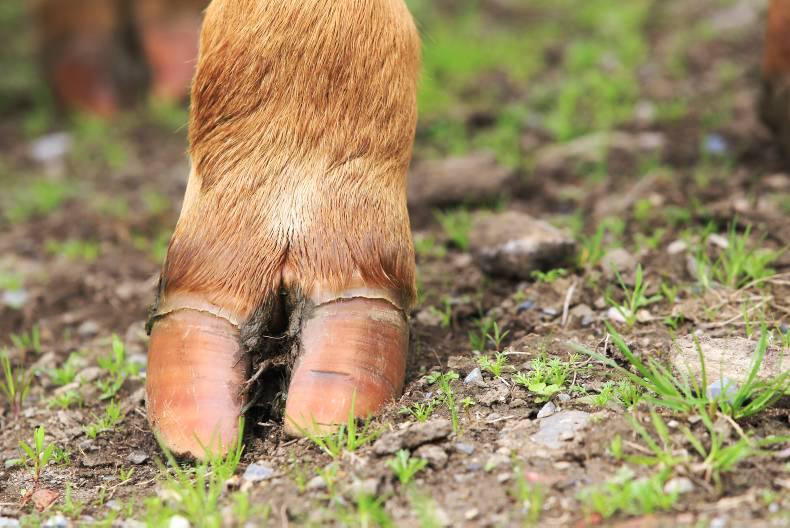After 17 years of negotiations, the US and Brazil have signed a trade deal on beef.
The agreement will allow Brazil to export up to 64,000t of fresh and frozen beef per year to the US.
The deal took 17 years of negotiations to conclude the right sanitary and phytosanitary protocols.
Prior to the new agreement, only the state of Santa Catarina had permission to export beef to the US because of its sanitary track record.
It is expected that Brazil will export $400m worth of meat to the US in 2017.
When the agreement is approved and starts in September, Brazil will be using the same quota as Ireland and the UK, meaning there is potential for Brazil to fill the quota.
Factors affecting cattle prices
A new report from the Agriculture and Horticulture Development Board (AHDB) says that meat yield is not the only factor affecting cattle prices and that prime cattle prices don’t necessarily reflect the yield of trimmed primal cuts from carcases.
The British agri-food marketing agency highlights other factors in the report, such as cut sizes and consistency.
According to the report, trimmed primal yields are greatest for the highest-conformation, lowest-fat carcases. Yields gradually decline as fat class rises and conformation falls.
However, the report also says that this does not necessarily mean prices are unfair, as there is a “growing desire for consistency of cut sizes and appearance from retail customers and consumers”, with “budget-conscious consumers increasingly resistant to buying larger cuts”.
Read more
Monday beef trends: demand remains for heifers
After 17 years of negotiations, the US and Brazil have signed a trade deal on beef.
The agreement will allow Brazil to export up to 64,000t of fresh and frozen beef per year to the US.
The deal took 17 years of negotiations to conclude the right sanitary and phytosanitary protocols.
Prior to the new agreement, only the state of Santa Catarina had permission to export beef to the US because of its sanitary track record.
It is expected that Brazil will export $400m worth of meat to the US in 2017.
When the agreement is approved and starts in September, Brazil will be using the same quota as Ireland and the UK, meaning there is potential for Brazil to fill the quota.
Factors affecting cattle prices
A new report from the Agriculture and Horticulture Development Board (AHDB) says that meat yield is not the only factor affecting cattle prices and that prime cattle prices don’t necessarily reflect the yield of trimmed primal cuts from carcases.
The British agri-food marketing agency highlights other factors in the report, such as cut sizes and consistency.
According to the report, trimmed primal yields are greatest for the highest-conformation, lowest-fat carcases. Yields gradually decline as fat class rises and conformation falls.
However, the report also says that this does not necessarily mean prices are unfair, as there is a “growing desire for consistency of cut sizes and appearance from retail customers and consumers”, with “budget-conscious consumers increasingly resistant to buying larger cuts”.
Read more
Monday beef trends: demand remains for heifers






 This is a subscriber-only article
This is a subscriber-only article










SHARING OPTIONS: